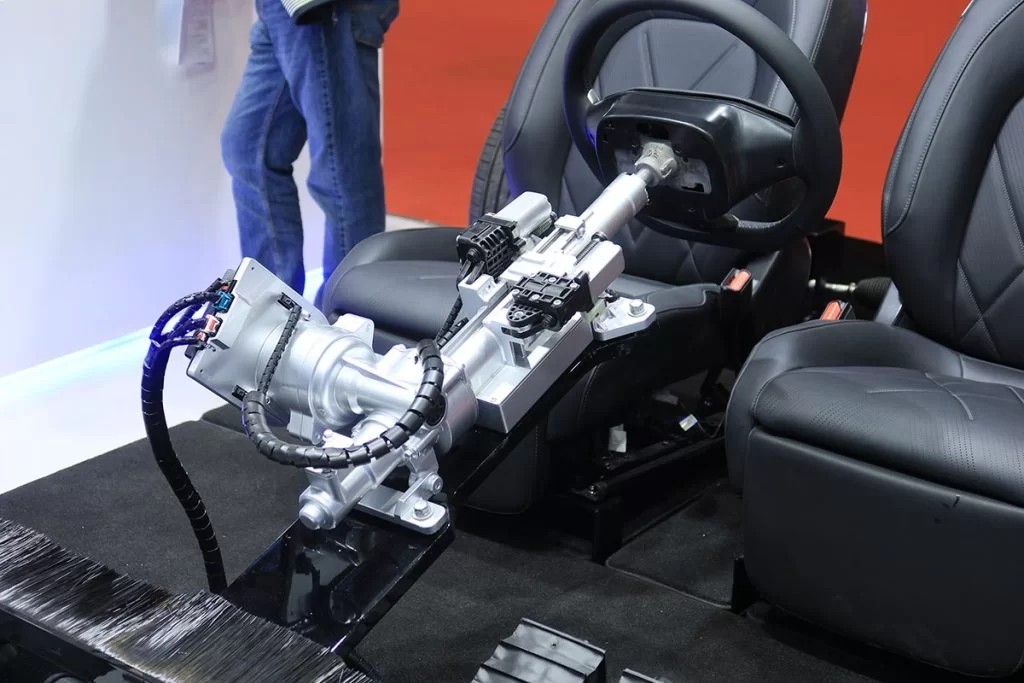
Modern vehicles often feature electronic steering systems. These systems improve driving comfort and safety significantly. They replace traditional mechanical linkages with electronic controls. Maintaining these advanced systems requires specialized knowledge and tools. Service centers offer various tiers of care to keep electronic steering working well. These tiers help clients understand the step-by-step service process.
Basic Diagnostics and Software Updates
The first service tier focuses on basic diagnostics. Technicians connect to the vehicle’s onboard computer system. They check for error codes related to steering performance or sensors. Often software updates fix minor glitches or improve system response. This basic tier ensures the electronic steering system runs on the latest software version. It also identifies warning signs before serious problems occur. This level is suitable for routine checks or initial signs of trouble.
Sensor Inspection and Calibration
The second tier involves inspecting the sensors in the steering system. Sensors detect steering angle, torque, and vehicle speed. Faulty or misaligned sensors cause poor steering feedback or unexpected behavior. Technicians test each sensor for accuracy and proper function. Calibration restores sensor alignment with the vehicle’s control module. This service tier corrects steering irregularities caused by sensor issues. It is important for drivers who feel unusual steering resistance or responsiveness.
Power Assist System Maintenance
The third tier addresses the electric power assist mechanism. Electronic steering systems use motors to help turn the wheel. These motors require regular checks to ensure proper operation. Technicians inspect wiring, connectors, and the motor itself. They look for signs of wear or electrical faults. Power assist problems reduce steering ease and increase driver effort. This tier restores smooth power assist performance and prevents motor failure. It targets vehicles showing difficulty in turning or inconsistent power assist. Going for the Auto Repair in Phoenixville, PA based service would be essential here.
Control Module Repair or Replacement
The fourth tier involves the steering control module. This module processes sensor input and controls the power assist motor. Damage or faults in this module cause severe steering issues or loss of power assist. Technicians perform detailed testing to confirm module health. Repair or replacement restores correct communication between components. This tier is critical for major electronic steering failures. It offers a comprehensive fix for drivers experiencing steering loss or erratic behavior.
Advanced Calibration and Integration with Vehicle Systems
The highest tier covers advanced calibration and integration. Modern cars link the steering system to stability control and driver assistance features. Technicians use specialized equipment to synchronize steering with these systems. Proper calibration ensures safety functions like lane keep assist work smoothly. This tier includes testing under real-world conditions for accuracy. It suits new vehicles or those needing complete system recalibration. This final tier delivers the most thorough maintenance for electronic steering.
Electronic steering systems provide many benefits for modern vehicles. Basic diagnostics and software updates prevent early problems. Sensor checks and calibration improve steering precision and feel. Power assist maintenance ensures comfortable steering effort. Control module service restores full system function after serious faults. Advanced calibration links steering to safety and assistance features. Service tiers guide clients through the right level of care. Regular professional maintenance keeps electronic steering reliable and safe. This supports confident and controlled driving every day.
